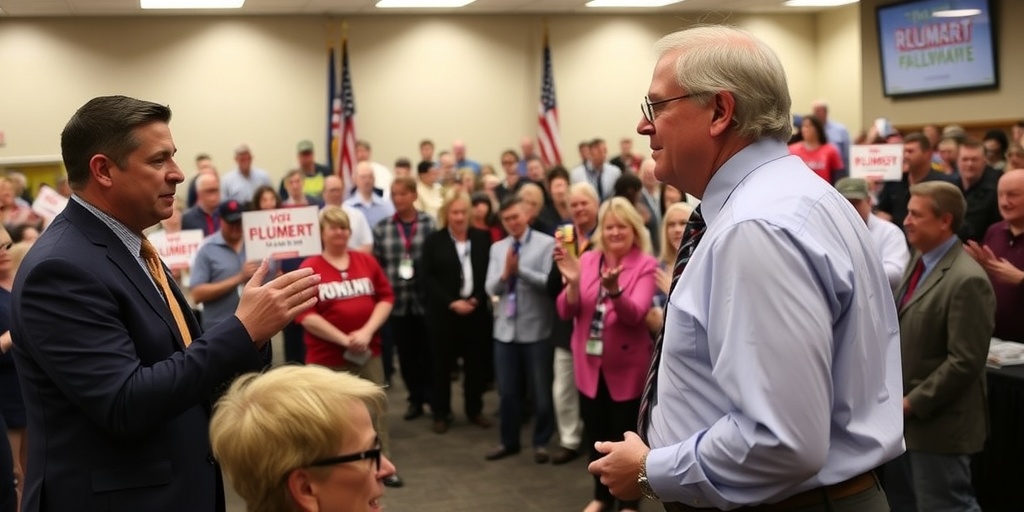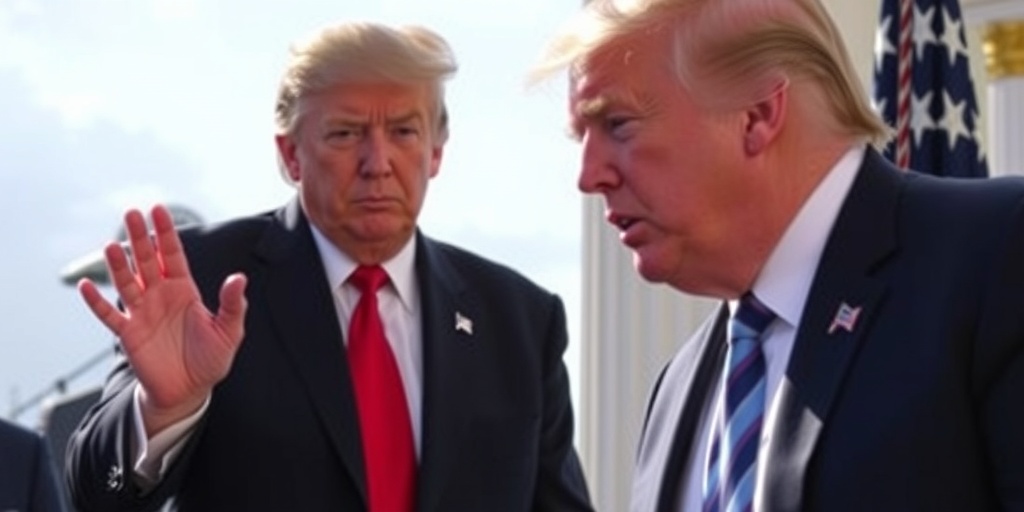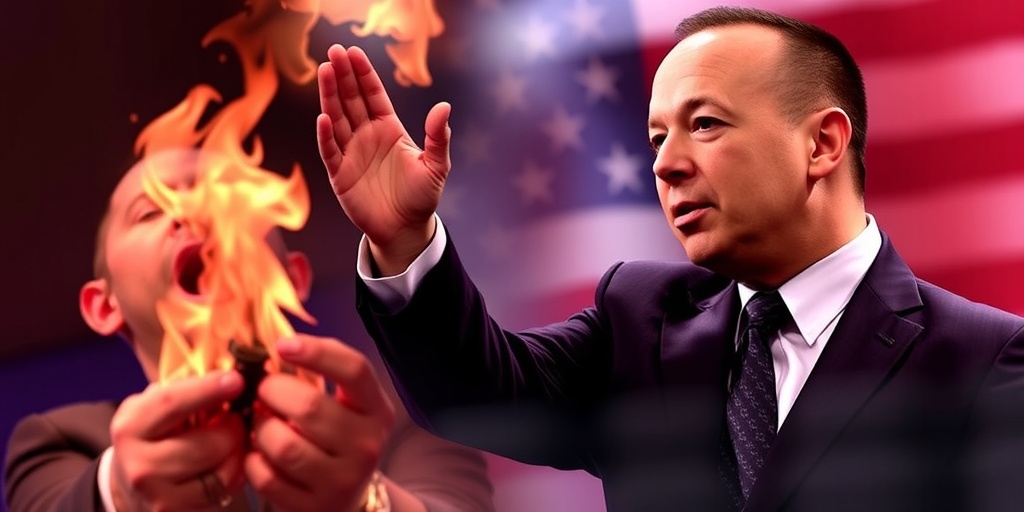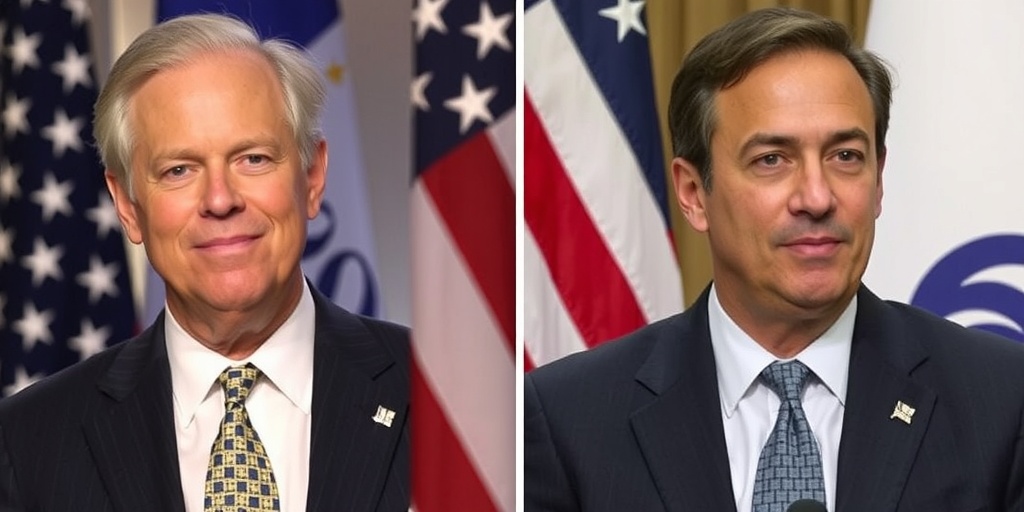Now Reading: U.S. Spy Chief Acted as Negotiator in Gaza Conflict
-
01
U.S. Spy Chief Acted as Negotiator in Gaza Conflict
U.S. Spy Chief Acted as Negotiator in Gaza Conflict

William J. Burns: A Diplomat’s Journey Through Intelligence and Complex Negotiations
William J. Burns has redefined his leadership style in the realm of intelligence as the director of the Central Intelligence Agency (C.I.A.), focusing not only on gathering intelligence but also on leveraging his diplomatic skills in an increasingly intricate geopolitical landscape. For the first three years of his tenure, Burns concentrated heavily on enhancing the agency’s resources to better understand China, while simultaneously countering Russia’s strategic movements and its alliances with countries like Iran and North Korea. However, as the situation in the Middle East intensified, particularly following the outbreak of the Israel-Hamas war, Burns was thrust back into the role of diplomat, blending diplomacy with intelligence work.
Burns, a seasoned diplomat with a four-decade career at the State Department, earned a reputation as a master negotiator known for establishing “back channels” — discreet lines of communication that are crucial in navigating complex geopolitical situations. The urgency of the Israel-Hamas conflict propelled Burns into action, prompting President Biden to task him with facilitating negotiations for a cease-fire and securing the release of hostages held by Hamas in Gaza. Burns found himself engaged in daily discussions with key figures, including David Barnea, the head of Israel’s foreign intelligence service, and Qatar’s Prime Minister Mohammed bin Abdulrahman Al Thani, who served as a conduit to Hamas.
The distinction between a diplomat and an intelligence operative can blur in the Middle East, and Burns utilized this to his advantage. He described his ability to move discretely as beneficial, allowing him to navigate sensitive discussions without drawing unnecessary attention. Despite his background as a diplomat, Burns has gained recognition and respect within C.I.A. ranks. Initially met with skepticism from some agency veterans, he has since proved his mettle by deftly leading negotiations during significant crises.
As Burns prepared to conclude his tenure, having worked tirelessly amid rising tensions and frequent negotiations, he was met with a warm farewell from C.I.A. employees. A “clap out” ceremony marked the respect he had garnered during his time at the agency, where he successfully integrated his diplomatic skills with intelligence operations.
Throughout his career, Burns has engaged in numerous high-stakes negotiations, from addressing Israeli-Palestinian conflicts to steering discussions surrounding the Iran nuclear deal. However, he notes that nothing compared to the urgency required to address the escalating Israel-Hamas conflict, which he described as “the most complicated negotiations” he has encountered.
The negotiation framework he and his team developed proved successful, outlining a multiphase plan for the release of hostages in exchange for prisoners and humanitarian aid — a process deemed vital for managing the volatile situation. This approach culminated in a new agreement just as it seemed impossible. As Israeli and Hamas forces grappled with one another, shifts in the military landscape allowed room for dialogue, paving the way for compromise.
Burns emphasized the necessity of transforming tactical victories against Iran and Hezbollah into strategic successes. Discussions with fellow intelligence chiefs were instrumental in supporting this argument as Burns noted the discreet nature of intelligence work often facilitated more effective negotiations compared to traditional diplomacy.
His management style at the C.I.A. has proven effective as he earned the loyalty of the agency’s personnel. Notable successes included his commitment to evacuate Afghan operatives during the fall of Kabul and advocating for a small cohort of C.I.A. agents to remain in Ukraine following the U.S. government’s withdrawal, highlighting his focus on maintaining crucial operability in the intelligence community.
In parallel to his efforts on Middle Eastern negotiations, Burns initiated a mission center focusing on China, proclaiming it to be the most significant long-term geopolitical challenge facing the United States. He has overseen an increase in resources and personnel dedicated to analyzing Chinese policies, economic trends, and military intentions—a testament to the importance placed on countering rising Chinese influence.
As Burns concludes his time at the C.I.A., he reflects on the delicate balance between immediate crises and long-term strategic objectives. His tenure has exemplified the intersection of intelligence and diplomacy, illuminating the critical role skilled negotiators play in navigating the complexities of modern geopolitics. With significant challenges still ahead, Burns leaves behind a legacy of enhanced focus on China and a refined approach to intelligence-driven negotiation, securing his place as a key figure in contemporary international relations.
Stay Informed With the Latest & Most Important News
Previous Post
Next Post
-
 01New technology breakthrough has everyone talking right now
01New technology breakthrough has everyone talking right now -
 02Unbelievable life hack everyone needs to try today
02Unbelievable life hack everyone needs to try today -
 03Fascinating discovery found buried deep beneath the ocean
03Fascinating discovery found buried deep beneath the ocean -
 04Man invents genius device that solves everyday problems
04Man invents genius device that solves everyday problems -
 05Shocking discovery that changes what we know forever
05Shocking discovery that changes what we know forever -
 06Internet goes wild over celebrity’s unexpected fashion choice
06Internet goes wild over celebrity’s unexpected fashion choice -
 07Rare animal sighting stuns scientists and wildlife lovers
07Rare animal sighting stuns scientists and wildlife lovers





















